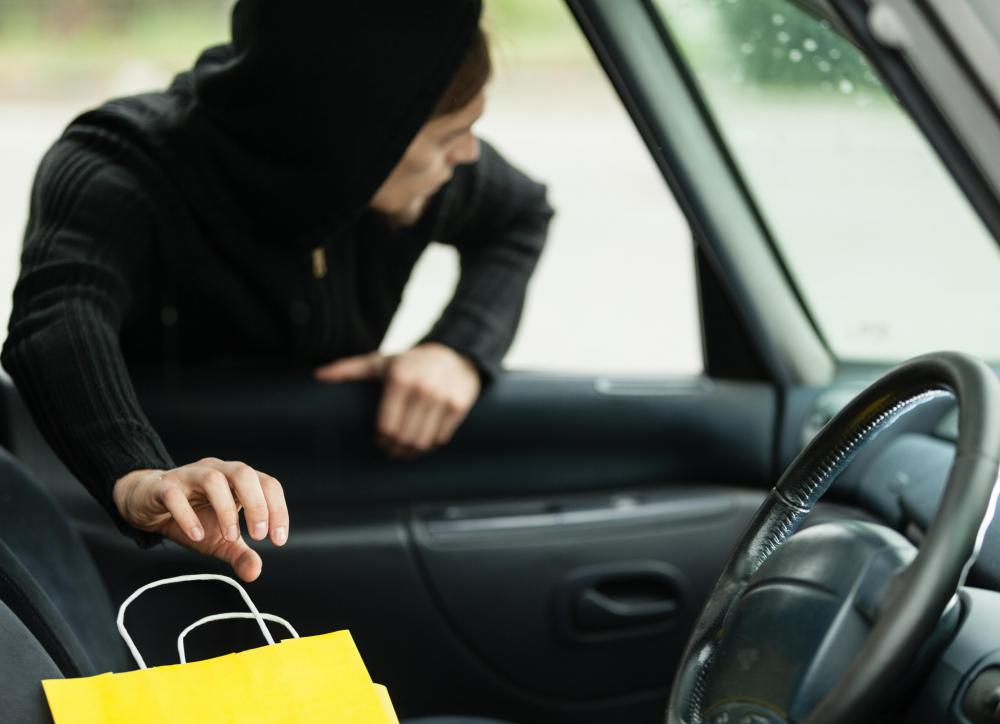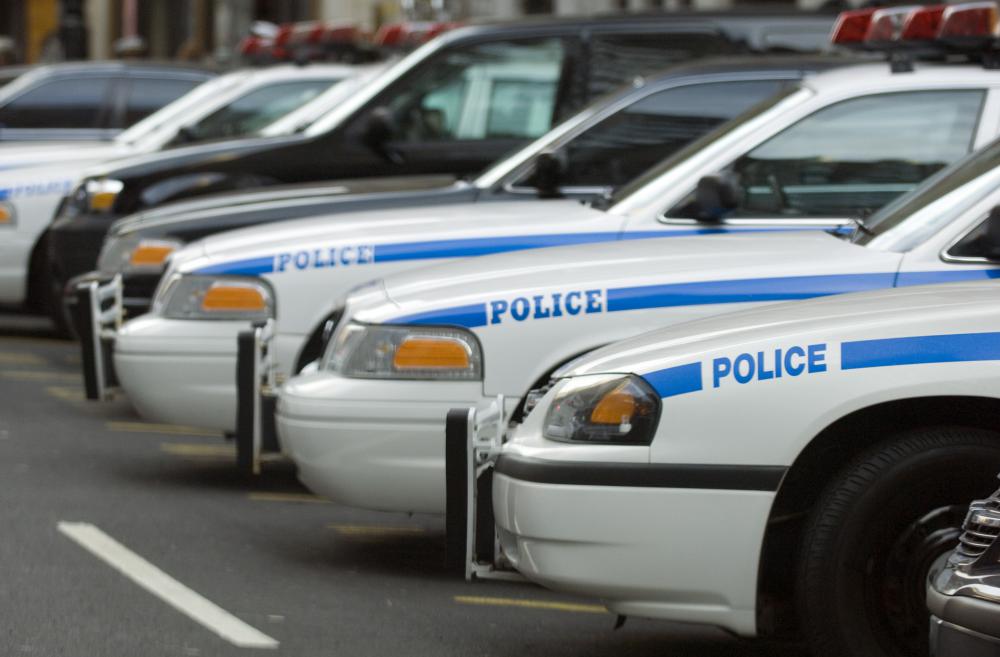At WiseGEEK, we're committed to delivering accurate, trustworthy information. Our expert-authored content is rigorously fact-checked and sourced from credible authorities. Discover how we uphold the highest standards in providing you with reliable knowledge.
What are Radio Scanners?
Radio and television stations are licensed to broadcast their signals over specific radio frequencies controlled by the Federal Communication Commission (FCC). Consumers routinely buy receivers (radios and televisions) which can translate those signals into sound and/or visual images again. This same technology, however, extends into many other types of radiowave broadcasts. Emergency services, airlines and even baby monitors and cordless phones all have assigned frequencies. Devices called radio scanners can be used to receive these signals, allowing users to eavesdrop on those communications.
Radio scanners first became popular in the 1970s, around the same time as Citizens' Band radios. The FCC allowed public access to 40 frequencies above the FM radio band, which encouraged truck drivers and hobbyists to purchase special transmitters and receivers. Interest in receiving other frequencies also arose, leading to the creation of the first radio scanners capable of intercepting police, fire and airline channels. These original radio scanners were limited by their need for special 'crystal' tuners for each desired frequency. These tuners could prove to be very expensive or difficult to locate.

As technology progressed, the crystal tuning system was replaced with electronic devices capable of scanning the entire radio spectrum. The specific frequencies for many police and fire dispatch centers could be dialed in directly and kept in a memory bank for future scanning. This also allowed radio scanners to become more compact, resulting in handheld models which could be easily concealed. As with many other technologies, however, radio scanners began to be used for illicit purposes -- eavesdropping, cordless phone tapping, surveillance of police activities and the like. Many emergency services switched to encrypted broadcasts to avoid detection by criminals.

Owning radio scanners is not technically illegal under most circumstances. There is no danger of radio scanners being used as illegal transmitters or electronic signal jammers. Users are simply receiving radio signals broadcast in open air frequencies. It is illegal, however, to unscramble encrypted messages, so radio scanners should never be modified with descrambling accessories. Conversations overheard on radio scanners cannot be transcribed or repeated publicly. Some police agencies consider possession of radio scanners while committing a crime to be worthy of additional charges.

Most radio scanners pick up little more than routine chatter and dispatches, since many organizations have already switched over to indecipherable encrypted channels. Broadcasts from high-profile emergency service organizations can also be monitored through certain websites. As communication technology changes, the capabilities of many radio scanners may be reduced even further. It is best to look for radio scanners with broad bandwidth parameters and programmable memory banks in order to find the most usable frequencies.
AS FEATURED ON:
AS FEATURED ON:














Discussion Comments
And some people have scanners just because they're nosy. There are actually scanner apps now so people can listen on their mobile devices or tablets! Unreal.
There's one guy in the area who calls in all the scanner traffic he hears. He actually got on TV once with our local network station and they recognized him for being a good citizen and calling in all these events. I know he drives them nuts, though. I have a friend who works at that station and she said sometimes, all he does is call in with a running commentary of what's on the scanner. And they have one in their newsroom. He means well, I suppose, and is trying to help.
In the newsroom where I work, hearing the scanner traffic is pretty essential for keeping up with what's going on with law enforcement and the fire department. They do enough traffic over those frequencies to keep us up to date on what's going on. If there's a wreck, or a chase or something, we can hear about it and send a photographer.
Anyway, a scanner is a necessity for most media outlets that cover local news. We have to know what's going on with the local police departments, and having a scanner really helps along those lines.
Post your comments